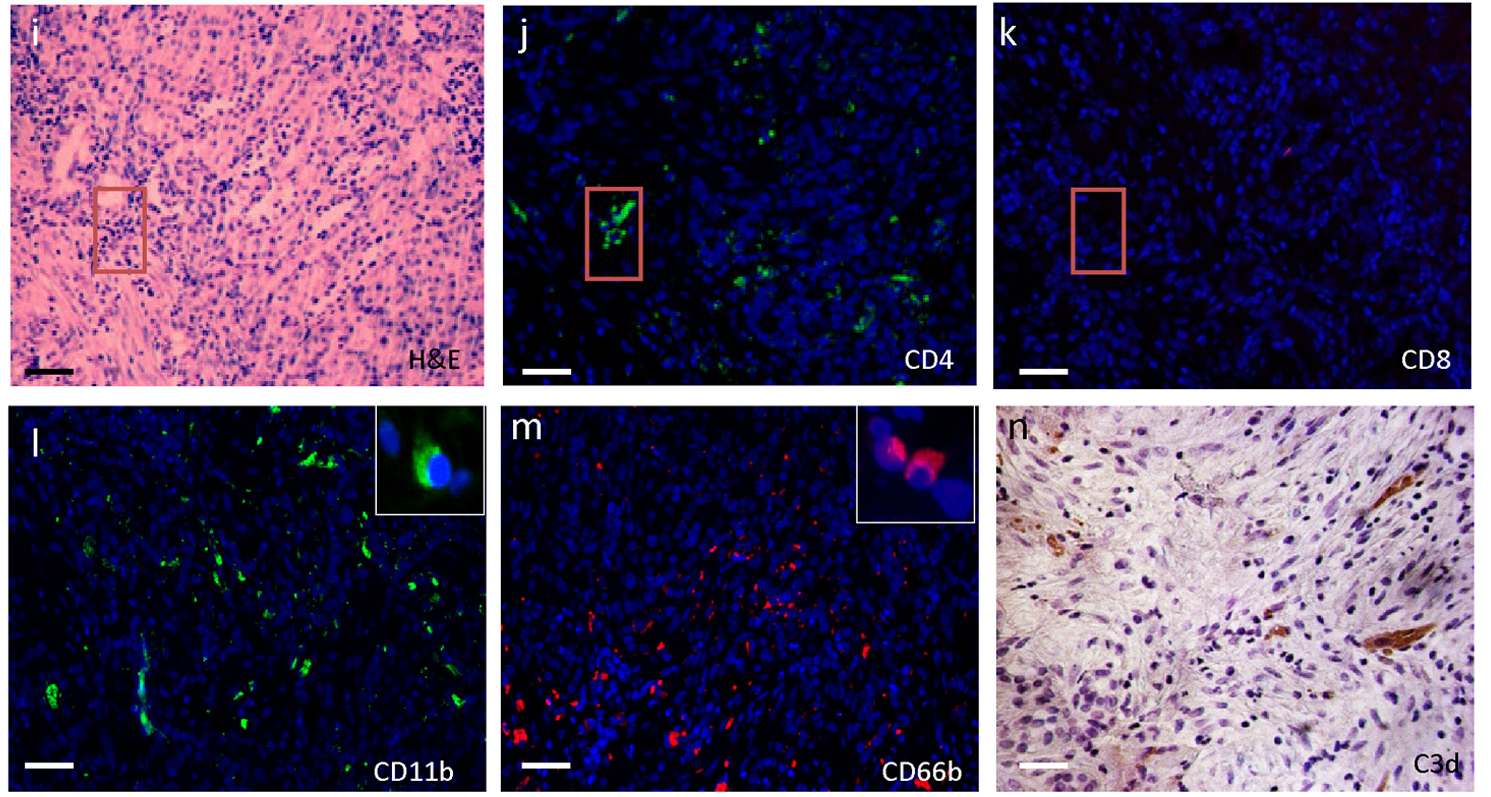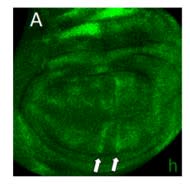
Cat. #162068
Anti-SEP70 [MB-SEP70]
Cat. #: 162068
Sub-type: Primary antibody
Target: human stress protein SEP70
Class: Monoclonal
Reactivity: Human
Host: Mouse
£300.00
This fee is applicable only for non-profit organisations. If you are a for-profit organisation or a researcher working on commercially-sponsored academic research, you will need to contact our licensing team for a commercial use license.
Contributor
Institute: Moravian Biotechnology
Tool Details
*FOR RESEARCH USE ONLY
- Name: Anti-SEP70 [MB-SEP70]
- Clone: MB-SEP70
- Tool type ecom: Antibodies
- Tool sub type: Primary antibody
- Class: Monoclonal
- Conjugation: Unconjugated
- Molecular weight: 70 kDa
- Reactivity: Human
- Host: Mouse
- Disease: Cervical cancer, acute myeloid leukaemia
- Description: Antibody created to detect the human Hsp70 protein (70 kDa)
- Immunogen: Purified human Hsp70 protein (70 kDa)
- Isotype: IgG1 kappa
- Production details: Heat shock protein 70 was purified from human oesophageal epithelial cells originating from 60 human biopsies following heat shock, radiolabeling with [35S]methionine, and lysis. The 70 kDa heat shock protein was then used to immunise mice and the splenocytes were then fused with SP2 myeloma cells to generate hybridoma cells. Individual hybridoma supernatants were used to purify the mouse anti-human stress protein SEP70 monoclonal antibody MB-SEP70.
Target Details
- Target: human stress protein SEP70
- Target alternate names: squamous epithelial heat shock protein 70
- Molecular weight: 70 kDa
- Target background: Hsp70 is a highly conserved molecular chaperone protein with several roles within the cell. Hsp70 is expressed in stress conditions, when it binds to its substrate and acts as a stabiliser, but acts also during normal cell growth, when it assists the newly synthesized proteins with folding, the subcellular transport of proteins and vesicles, assembly or disassembly or proteins, or protein degradation. Increased Hsp70 levels have been associated with breast, endometrial, oral and colorectal cancer.
Handling
- Format: Liquid




